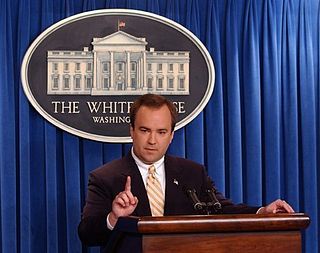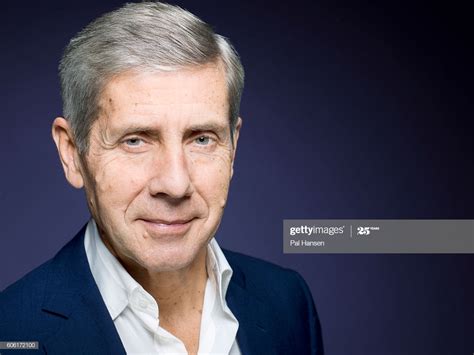A Quote by Fareed Zakaria
Foreign policy commands attention when it's crisis management. A street revolt breaks out in Egypt or Libya or Kiev and everyone asks, how should the president respond? Now these are important parts of America's role in the world, but they are essentially reactive and tactical. The broader challenge is to lay down a longer-term strategy that endures after the crisis of the moment.
Quote Topics
After
America
Asks
Attention
Breaks
Broader
Challenge
Commands
Crisis
Crisis Management
Down
Egypt
Essentially
Everyone
Foreign
Foreign Policy
How
Important
Important Part
Kiev
Lay
Libya
Longer
Management
Moment
Now
Out
Parts
Policy
President
Reactive
Respond
Revolt
Role
Should
Strategy
Street
Tactical
Term
World
Related Quotes
Being a President I will carry out a foreign-policy platform that will transform America's role in the world to that of a proactive, not reactive, superpower that will use diplomacy and incentives to head off trouble in unstable regions before they unravel out of control. I will also be wearing platform shoes when I meet with foreign dignitaries to accentuate my well-toned calves.
Not everyone is sold on crisis consultants. Linda Gray, assistant vice president and director of news and information at the University of Central Florida in Orlando, says that to a certain extent, the worse the crisis, the closer to home you should deal with it. .. You ought to be dealing with the crisis, not explaining things to somebody else.
We continue to go from crisis to crisis, whether it is electricity or whether it is gas prices. We need comprehensive solutions, not patchwork crisis management. We wouldn't be in this situation today if Senate Democrats weren't holding up the national energy plan that the president proposed back in May of 2001.
When my mother died, my father was in a crisis, my sister was in a crisis, everyone was in a crisis. I went round the night my mother was lying in the kitchen, and I organised everything, from the undertaker to the funeral... I looked after everybody, I sorted it all out and I've done so ever since.
How very important it is to bring about in the human mind the radical revolution. The crisis is a crisis in consciousness, a crisis that cannot anymore accept the old norms, the old patterns, the ancient traditions. Considering what the world is now with all the misery, conflict, destructive brutality, aggression and so on... man is still as he was, is still brutal, violent, aggressive, acquisitive, competitive and has built a society along these lines.
































